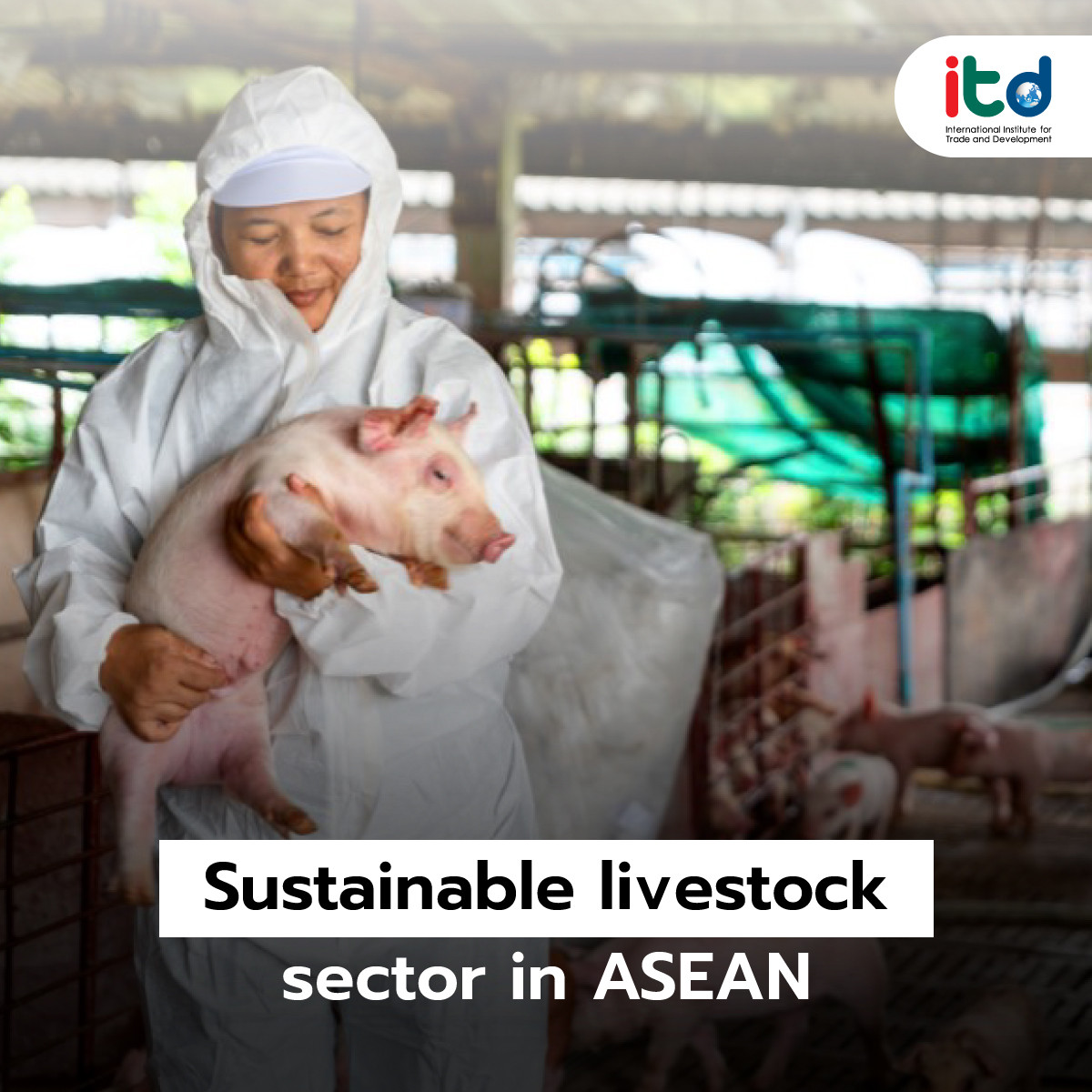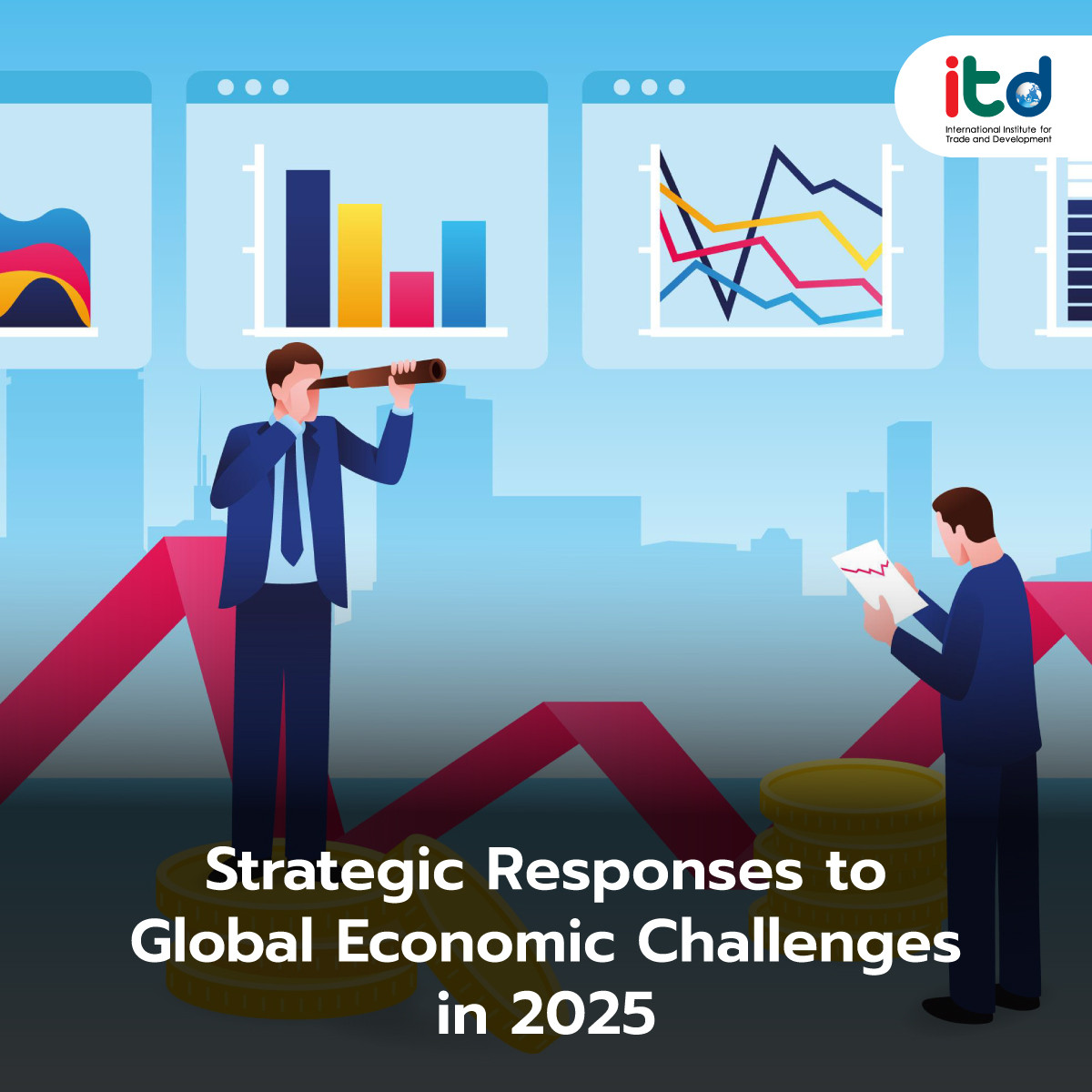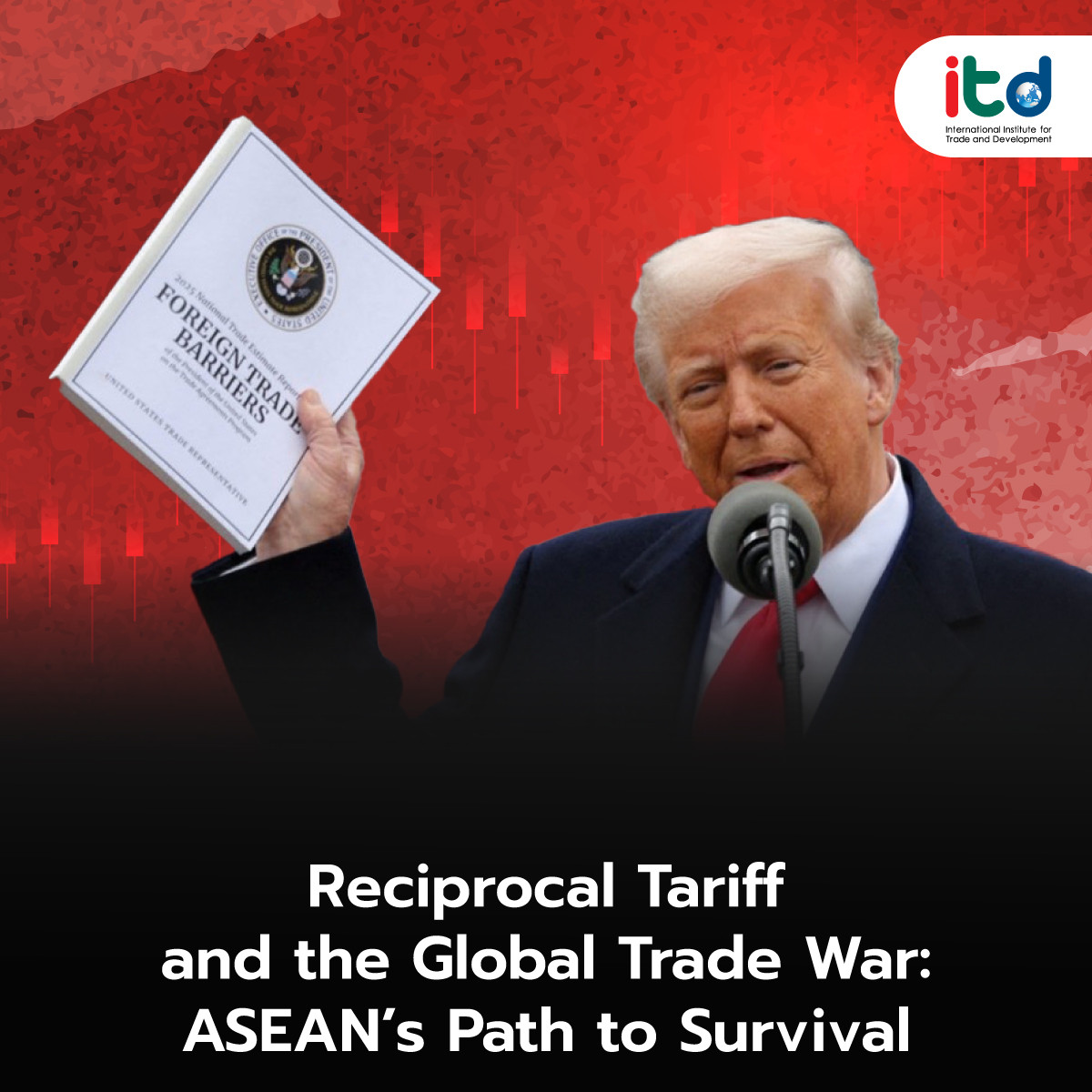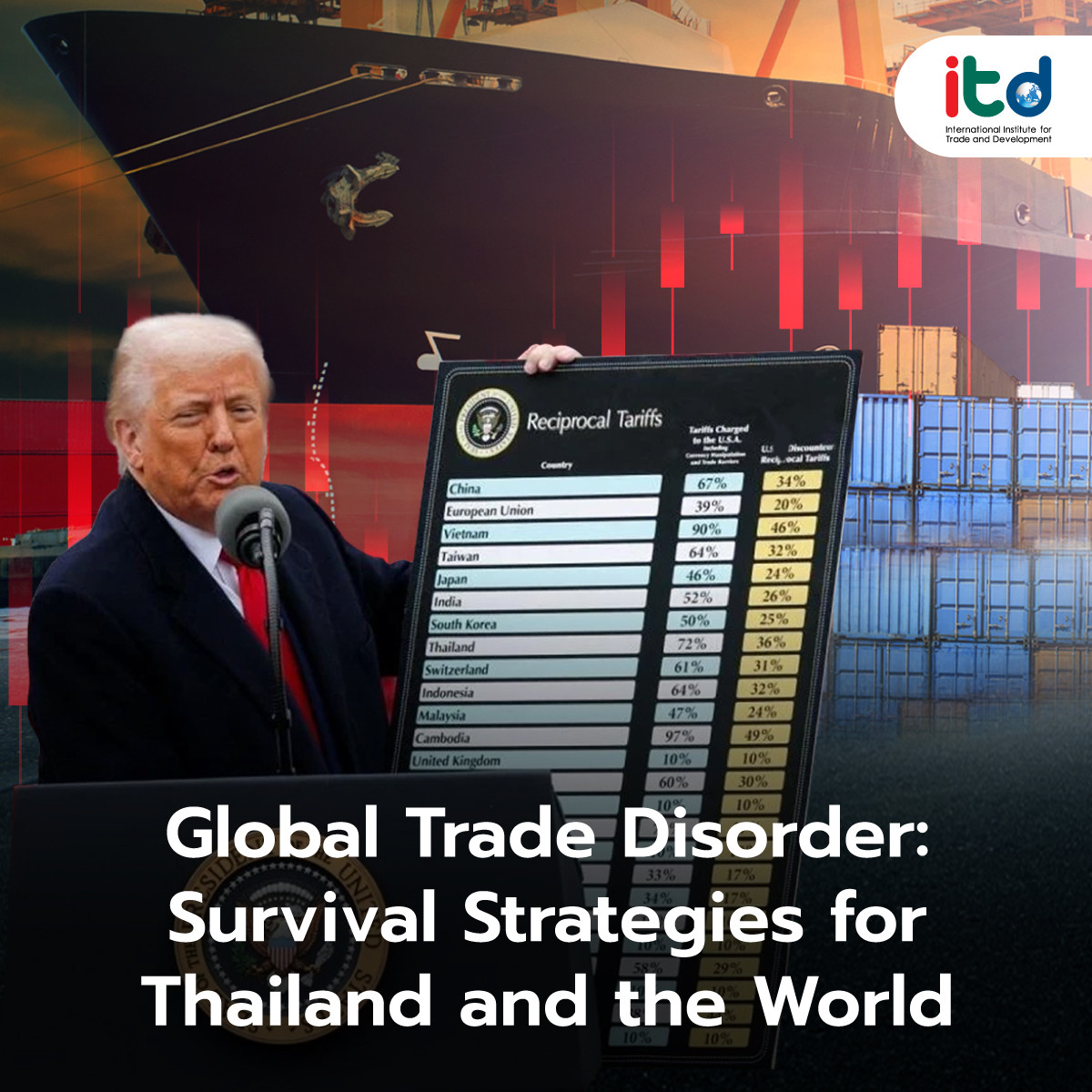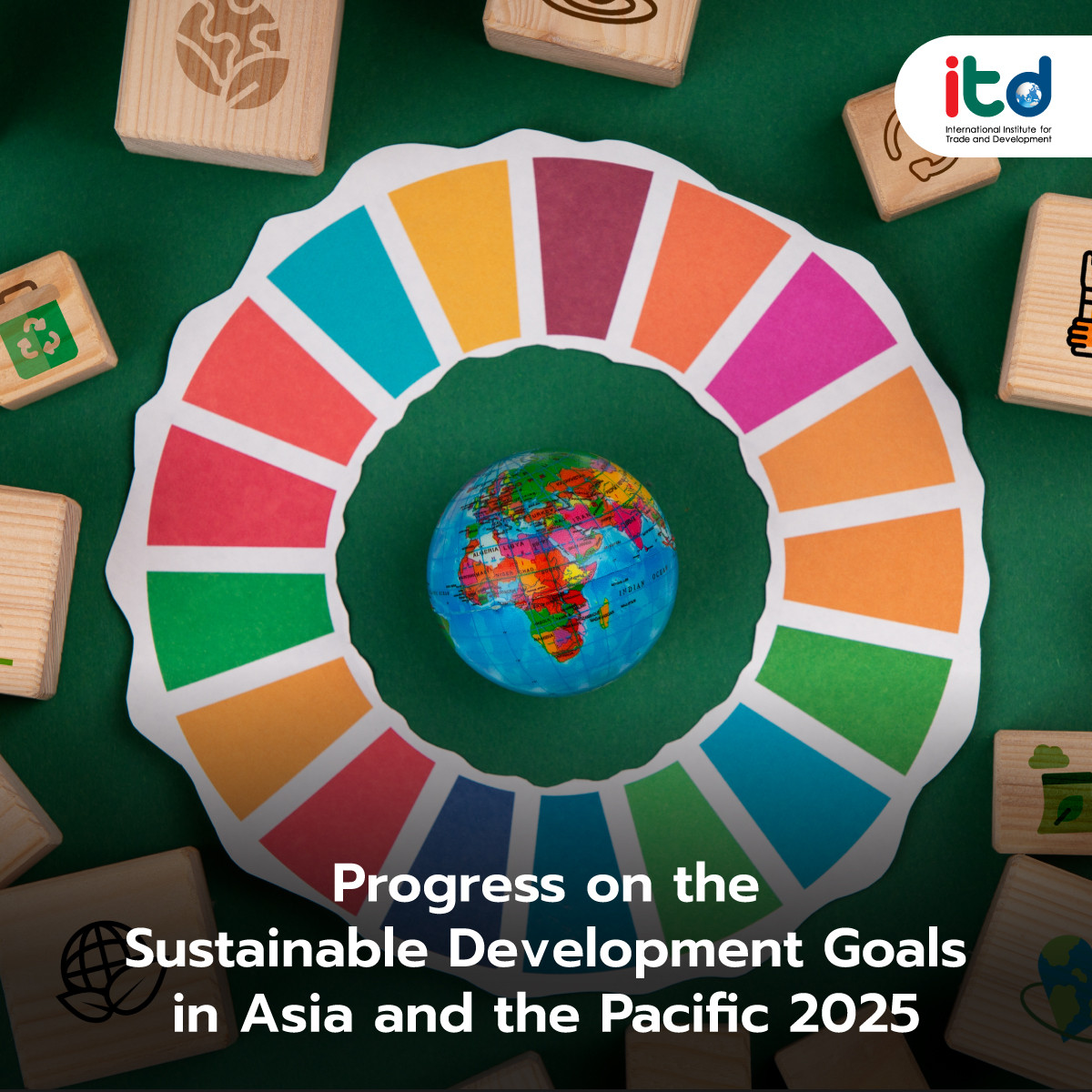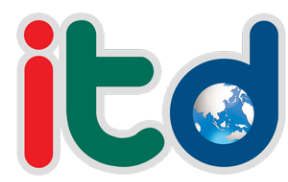About Documents
The world is currently facing rapid population growth, and it is predicted that by the year 2050, the global population will exceed 9.8 billion people. This demographic shift is leading to a significant increase in the demand for food, particularly protein from animal sources, with a projected increase of over 20%. The highest demand is expected to be in the Asia, making the livestock sector crucial for food security.
However, climate change is having a profound impact on livestock production, including phenomenon like El Niño, which returned in July 2023. This has led to increased risks of higher temperatures and disruptive weather patterns in Southeast Asia, directly affecting animal health and indirectly contributing to the spread of diseases among animals.
In light of these global trends, sustainable livestock production becomes a vital challenge. The Food and Agriculture Organization (FAO) plays a central role in addressing this issue, collaborating with various stakeholders through the Global Agenda for Sustainable Livestock (GASL). The FAO serves as the secretary of GASL, and together, they have presented an action plan for the years 2022-2024 to guide sustainable livestock development.
GASL defines sustainable livestock as a “production approach that aligns with long-term conditions while supporting food security, livelihoods, economic growth, animal health, and animal welfare. It creates a balanced environment and promotes efficient resource utilization.”
Given the global shift, ASEAN member countries hold significant importance in global food production and are directly impacted by the aforementioned challenges. Therefore, transitioning towards more sustainable livestock production is imperative. Several ASEAN countries are already making strides in this direction.
For example, in Lao PDR, livestock contributes significantly to agricultural value, accounting for one-third of the total. This is supported by infrastructure development in the Mekong River basin and regional agreements for livestock exports. The Lao government and FAO have organized national-level seminars in November 2023 to discuss investment in sustainable livestock transformation.
In Thailand, collaboration with FAO includes hosting the 13th Global Agenda on Sustainable Livestock Multi-Stakeholder Partnership meeting and the Regional Conference on Sustainable Livestock Transformation. The goal is to identify drivers of change in the livestock system, analyze their interconnections, and promote cooperation among stakeholders to drive policy changes for sustainable livestock. Building cooperation to gather input from stakeholders in each ASEAN country is a starting point for initiating change. While there are several areas that require improvement, prioritizing collaboration is a positive step towards making ASEAN a key player in global sustainable livestock production.
Author
Natjaree Petruang
Researcher
International Institute for Trade and Development (Public Organization)
www.itd.or.th
Publication: Bangkok BIZ Newspaper
Section: First Section/World Beat
Volume: 37 Issue:12516
Date: Wednesday, November 22, 2023
Page: 8 (bottom)
Column: “Asean Insight”
